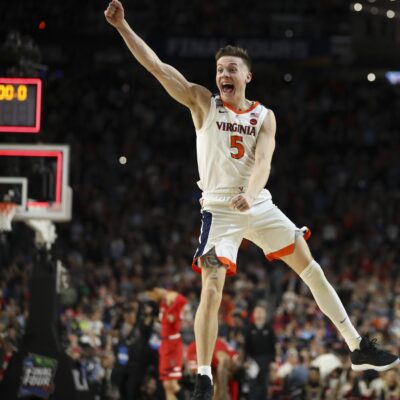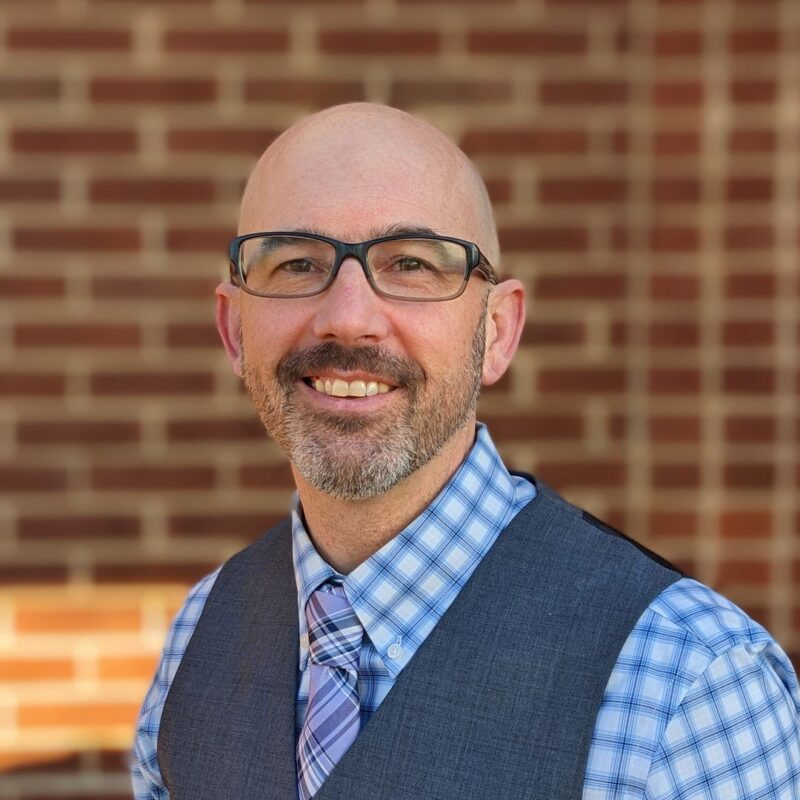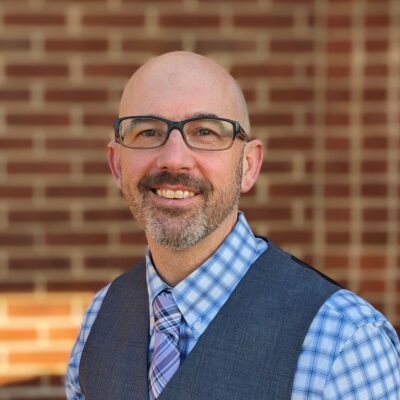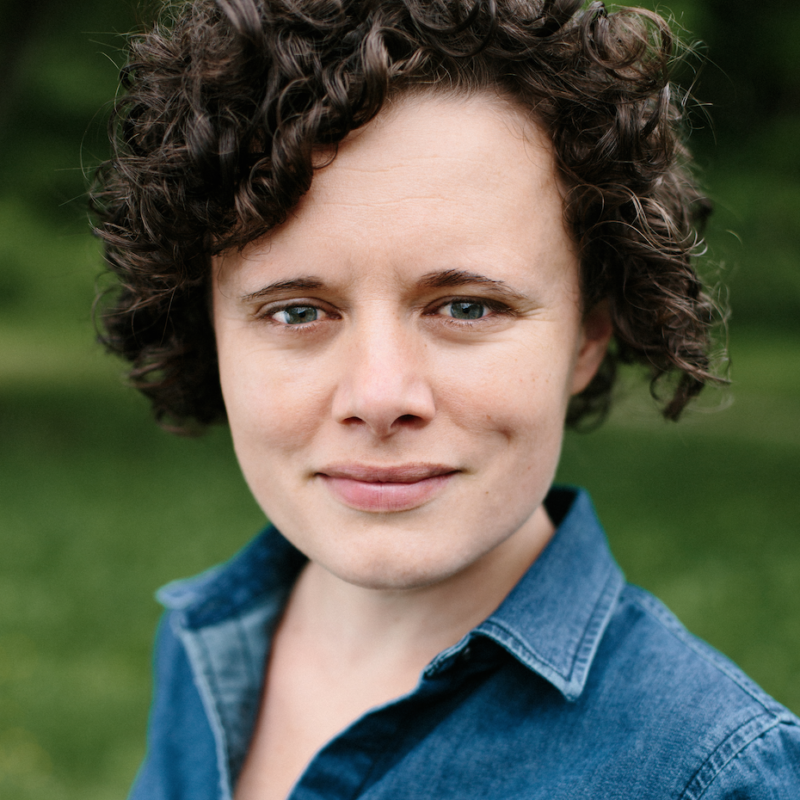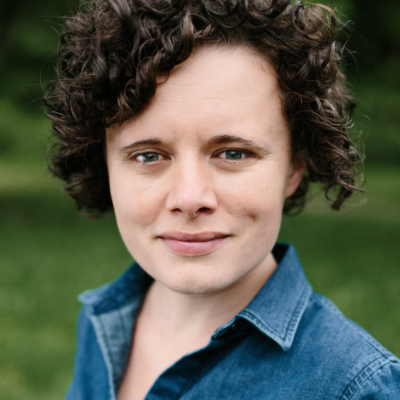“I’m an improviser,” announced Bobby Seale (www.bobbyseale.com), once Black Panther Party (BPP) (www.bp.org) chairman, during his February 22 address to a packed Harris-Small Auditorium. And for an hour and a half, he stuck to form, delivering a rambling but illuminating recital of the group’s beginnings. Invited to speak as part of Black History Month, Seale—sartorially resplendent in his trademark black beret and black suit—initially held court in a side hall to a small gaggle of reporters.
“They tell me I made history in the 1960s,” he told us, “and I’m here to lecture about that and try to get the students and others to make the connection between the positive, progressive aspects of the history I was involved in and where we’re going in the future.” He pulled a bottle from his coat and dumped a load of pills into his hand. “These are for my heart,” he explained. The medication was the only sign of age for the 70-year-old.
 Wearing his customary black beret, Bobby Seale, the co-founder of the Black Panther Party, spoke to a standing-room-only UVA auditorium on February 22. |
Downstairs in the teeming auditorium, Seale gave the history of the party he founded with Huey Newton in 1966. In 1967, Seale led an armed Panther contingent onto the floor of the California state capitol. “We just got led into the wrong place by the press,” he said. The Panthers originally wanted to sit in the spectator section. Regardless, Governor Ronald Reagan had them arrested. “That gave us international notoriety,” Seale said.
After Martin Luther King, Jr. was assassinated in 1968, Panther ranks swelled from 46 to 5,000 members in 49 cities around America. That year also saw the BPP Chairman’s arrest at the Democratic National Convention. During the accompanying trial of the “Chicago Eight” (which included Abbie Hoffman), Seale was gagged and bound to a chair after demanding to represent himself. When he continued to protest, he was jailed for contempt of court. The resulting media coverage made Seale famous, as “Free Bobby” signs sprouted up as far away as England and France.
The downside of the attention was the popular perception that the Panthers were “a bunch of thugs and hoodlums.” Less known was their community activism. “There were free breakfast and children programs in every chapter and every branch,” said Seale. “We fed 250,000 kids across the country, five days a week.” Consequently, both houses of the California legislature overrode a Reagan veto to give the Panther program $5 million.
“We crossed all racial lines,” Seale told the predominantly African-American audience. “We wanted to know where your heart, mind and soul were at. Were you hitching your wagons to the human liberation struggle?” For one night at least, we all were.
C-VILLE welcomes news tips from readers. Send them to news@c-ville.com.

